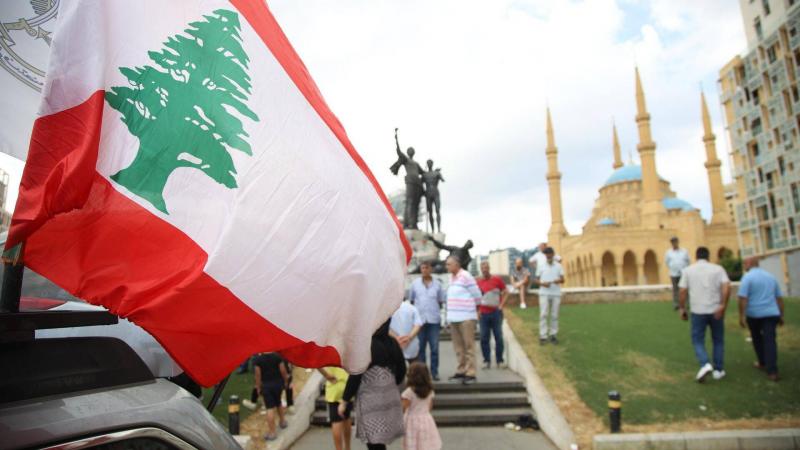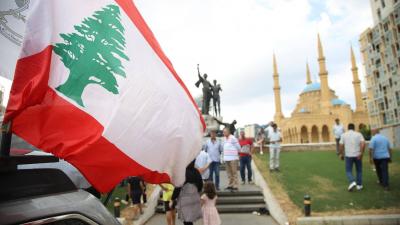Isemat Mansour, a friend of Hamas leader Yahya Sinwar in Gaza, stated that "if Sinwar had known the consequences of the attack, he would not have planned the operation on October 7 in this way." He added that he did not expect the operation to complicate matters to such a dangerous extent. One reader commented on this statement on the "Maraseed" site, saying, "From day one, it was clear that this was a catastrophe that should not have occurred for several reasons; the most important being the balance of power and the technological advancements in favor of the occupation." History seems to be repeating itself, as what Sinwar is saying now echoes what Hassan Nasrallah said during the 2006 war, when he apologized, stating, "If I had known this war would lead to the death of nearly a thousand Lebanese and the destruction of the south, I would not have initiated it." What will Sinwar say now as the number of victims approaches thirty thousand and Gaza is nearly entirely destroyed? Despite Nasrallah's acknowledgment of his previous documented mistake, he now repeats the same disappointing error he presented in his sermon last Friday. However, the international community has not been convinced by his negative stance and is seeking to find a ground that can be built upon to de-escalate tensions in the south and initiate negotiations or movements to avoid a full-scale war, which France has warned is increasingly likely.
Amos Hochstein, a senior advisor to the U.S. president, confirmed that the United States aims to keep the conflict in southern Lebanon between Hezbollah and Israel at the lowest possible level, emphasizing the importance of residents in the southern towns returning to their homes. The danger to Lebanon was felt by Maronite Patriarch Bechara al-Rahi, who delivered an indirect message to Nasrallah in his speech, stating that "the championship is in avoiding war, not in creating it," which rings true. Lebanon's problem, as noted in the Middle East, is that it has fallen into a trap from which it does not know how to escape, especially since it does not have a president but only a caretaker prime minister, who does not know from where to proceed. The popular saying applies: if you stand, you may be struck by the rock, and if you sit, the fire may consume you!
Thus, this almost incapable government has no choice but to rely on American mediation, dealing with it as if it might provide Lebanon with a life jacket to reach safety. However, the embarrassing question remains: Will the American mediator be able to provide guarantees to Lebanon against Israel expanding the war?




